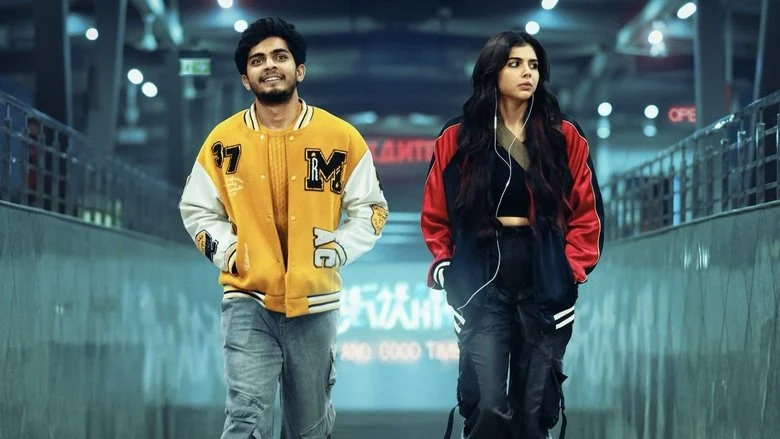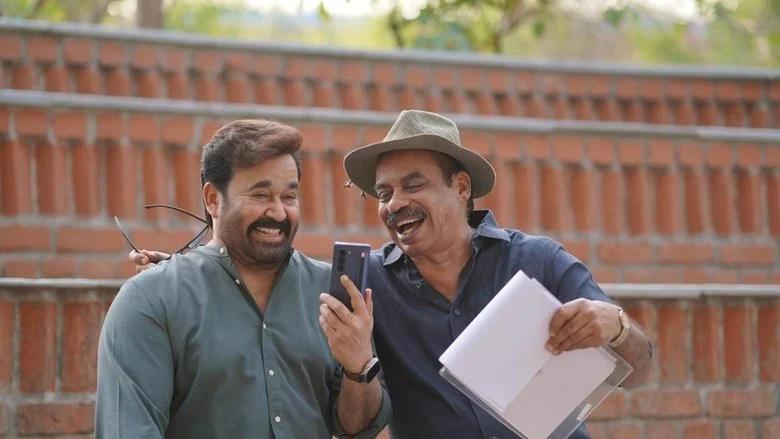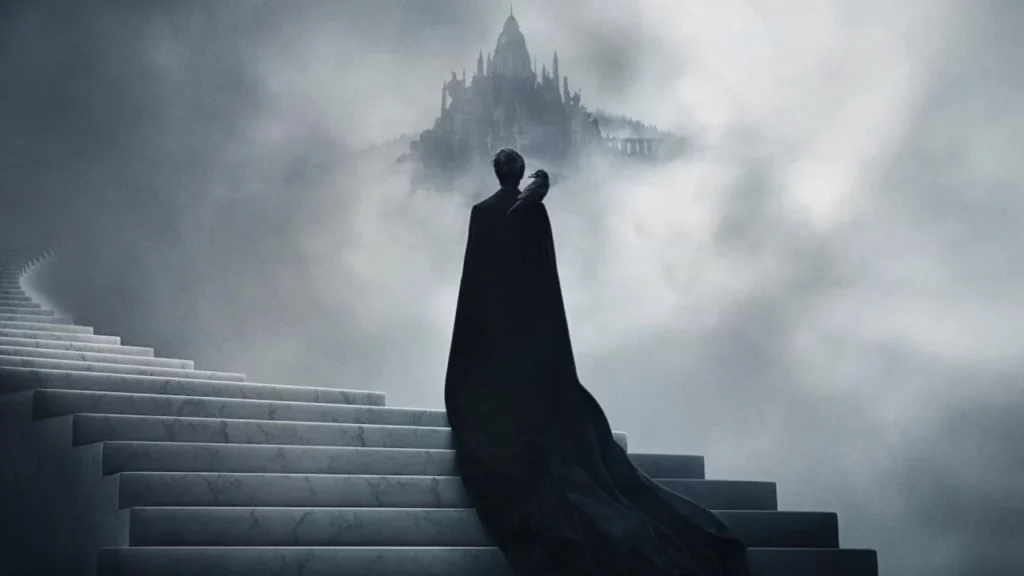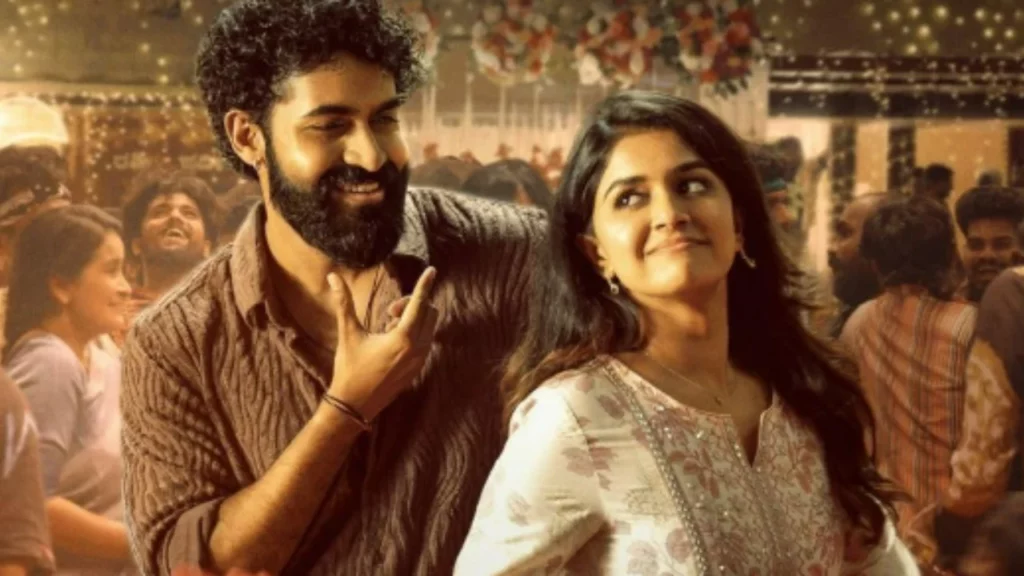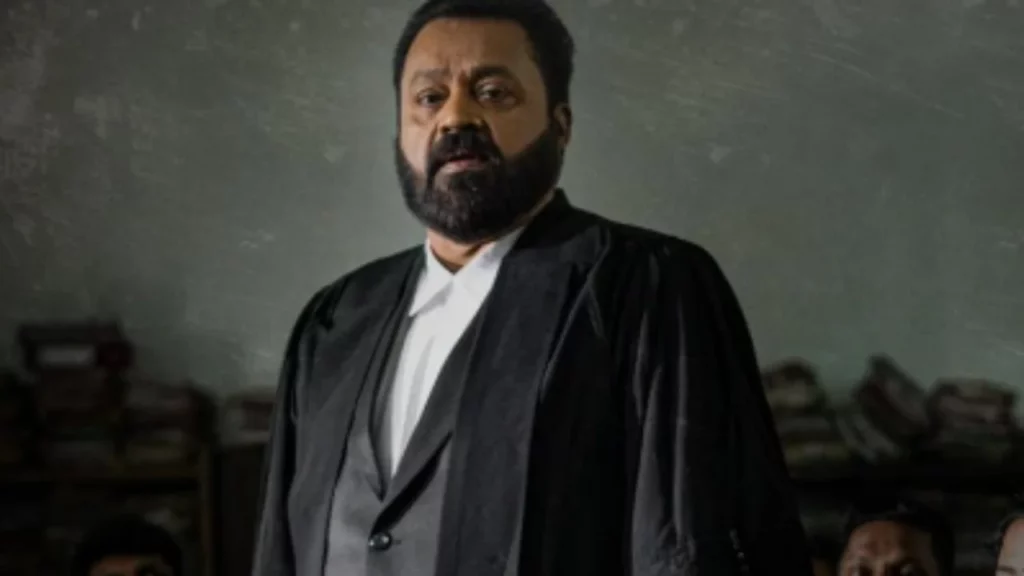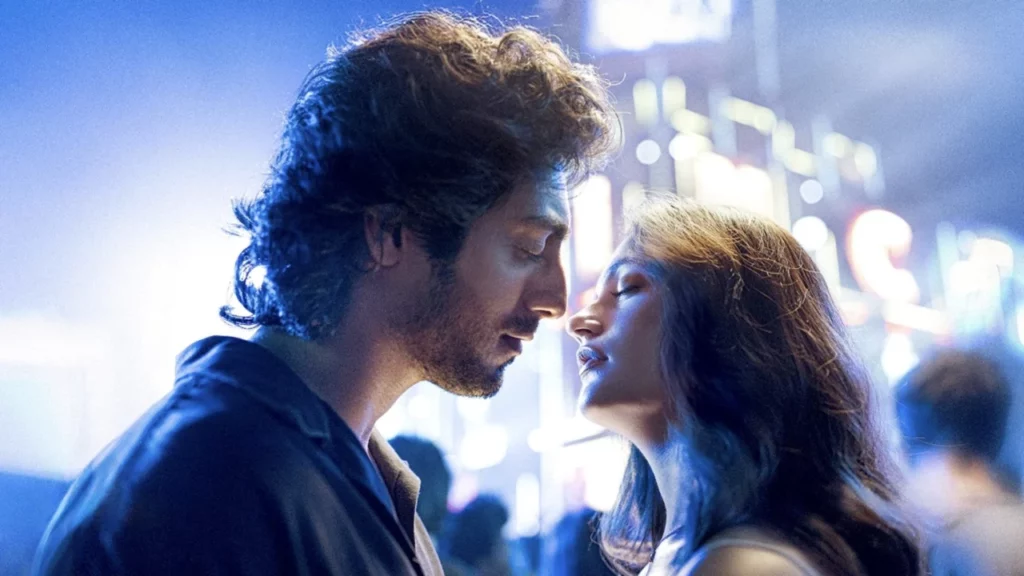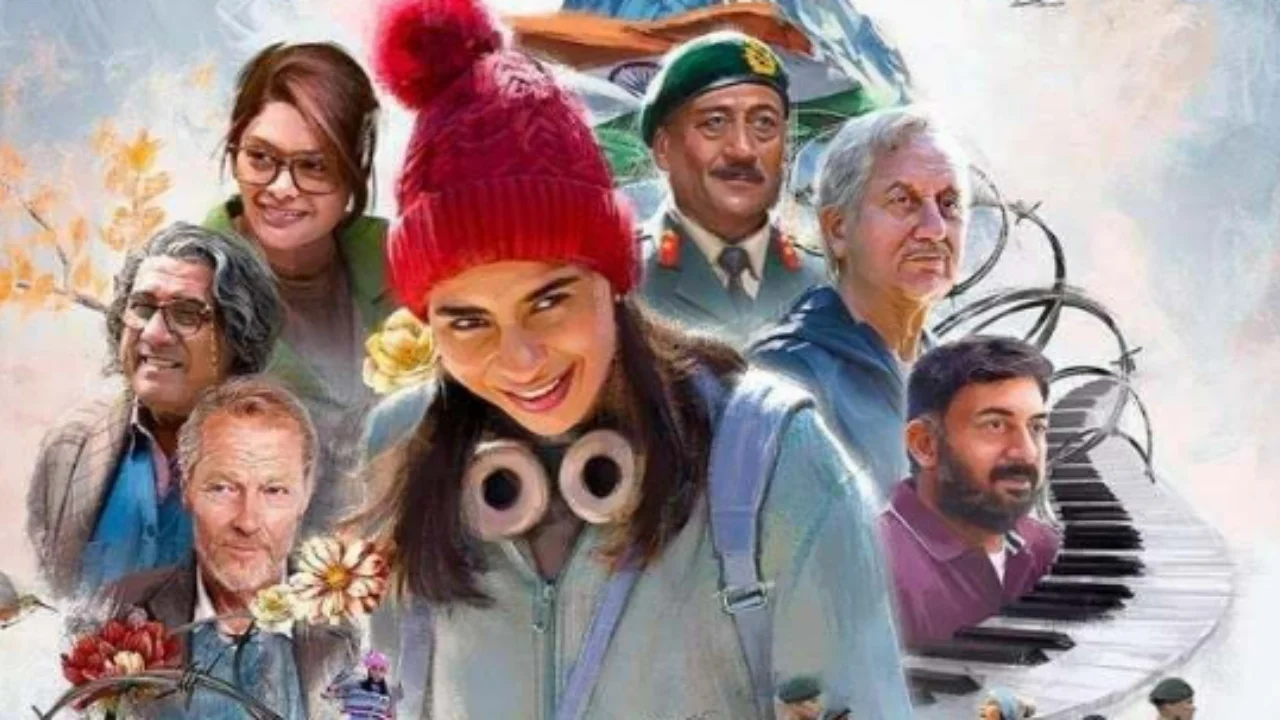
Tanvi the Great (2025) Movie: Shubhangi Dutt’s Debut Shines Despite Flawed Storytelling
Tanvi the Great marks veteran actor Anupam Kher’s return to the director’s chair after a 23-year break. This Hindi drama brings a deeply personal story about autism and patriotism to the big screen.
The film stars newcomer Shubhangi Dutt in the main role. The cast includes Anupam Kher, Pallavi Joshi, Boman Irani, Jackie Shroff, and Karan Tacker. This drama attempts to redefine how Indian cinema shows people with autism.
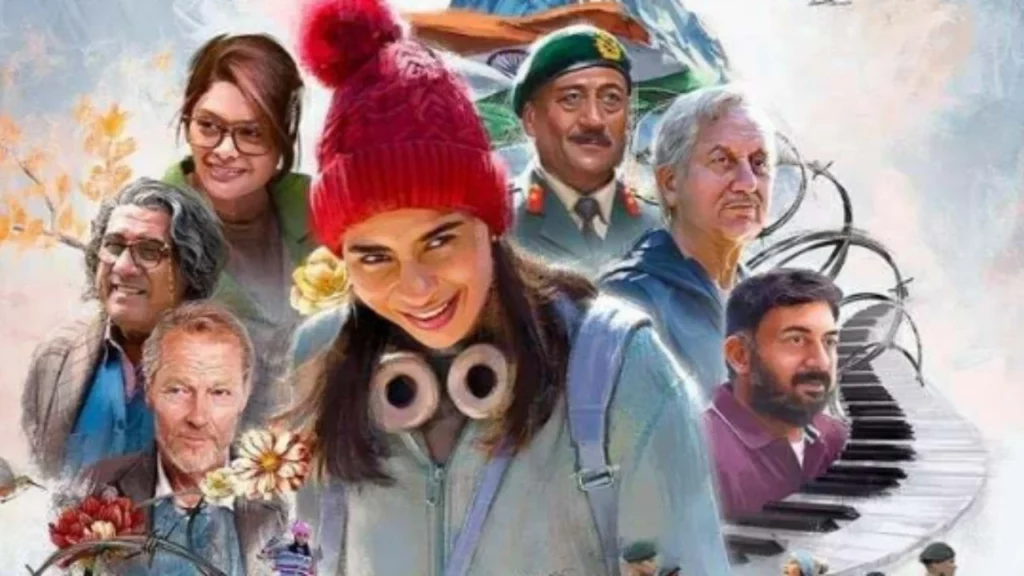
The Story
The film follows Tanvi Raina, a 21-year-old woman with autism. She lives with her mother Vidya and grandfather Colonel Pratap Raina. Tanvi learns about her late father’s dream – to salute the flag at Siachen Glacier.
Her father, Captain Samar Raina, was an Indian Army officer who never got to fulfill this dream. Despite facing barriers in military service, Tanvi decides to complete her father’s mission. The story becomes a journey of determination and love.
The plot tries to balance emotional storytelling with patriotic themes. It shows autism as a superpower rather than a disability, which is a fresh approach for Indian cinema.
Acting Performances
Shubhangi Dutt delivers a remarkable debut performance as Tanvi. She brings authenticity to a character that could have easily become a stereotype. Her portrayal feels genuine and avoids over-dramatization.
Anupam Kher plays both director and actor as Colonel Pratap Raina. His experience shows, though his direction sometimes feels heavy-handed. He provides the emotional anchor for the film.
Pallavi Joshi as Vidya Raina gives a nuanced performance. She captures the complex emotions of a mother raising a child with autism. Her protective yet supportive nature feels real.
The supporting cast, including Boman Irani and Jackie Shroff, provide adequate support. However, their roles feel underused given their talent. Iain Glen brings international credibility but his character integration feels forced.
Technical Aspects
Anupam Kher returns as director after 20 years. While his passion is evident, the direction lacks finesse for such a sensitive topic. The screenplay suffers from pacing issues and dramatic convenience.
The film’s visual treatment captures intimate family moments and military settings. However, the execution feels inconsistent. Some sequences feel more like television drama than cinema.
The musical score supports the emotional narrative but doesn’t stand out. The sound design serves the story adequately without adding exceptional elements.
What Works Well
The film’s greatest strength is its intention to normalize autism. This progressive approach to neurodiversity deserves recognition. Shubhangi Dutt’s authentic performance brings credibility to the character.
The emotional core works well – a daughter’s dedication to her father’s dream. The film creates moments of genuine emotional impact when it focuses on family dynamics.
I found the film’s heart to be in the right place, even when the execution falters. The attempt to blend family drama with patriotic themes shows ambition.
Where It Falls Short
Critics noted that the film suffers due to its writing. Some reviewers gave it a 2.0/5 rating. The screenplay’s treatment of autism occasionally feels superficial.
The film’s pacing becomes problematic in the second half. The narrative loses momentum and relies on dramatic conveniences. The portrayal of military procedures lacks authenticity.
I noticed the movie struggles with believability, particularly in showing how individuals with autism would realistically navigate military environments.
Critical Reception
The film received mixed reviews from critics and audiences. IMDb shows a 9.0 rating, though this appears based on limited early reviews.
Bollywood Hungama gave the film a 2.0/5 critic rating. They described it as heartfelt and well-intentioned but falling short of potential.
Critics praised Shubhangi Dutt’s debut while pointing out structural weaknesses. The consensus suggests good intentions but poor execution.
Public Impact
The film generated discussion about autism representation in Indian cinema. This is positive regardless of commercial success. Audiences appreciated the attempt to address neurodiversity.
The movie sparked conversations about authentic representation of individuals with autism in mainstream cinema. It highlights both progress made and work still needed.
Final Thoughts
Tanvi the Great represents a well-intentioned effort to bring autism representation to mainstream Indian cinema. Shubhangi Dutt’s remarkable debut anchors the film emotionally.
While the film succeeds in its emotional core and progressive approach, it falls short in screenplay quality and pacing. The authentic portrayal of both autism and military life needs improvement.
I believe the film works best when focusing on intimate family dynamics. It struggles when attempting to blend these elements with larger patriotic themes.
Despite its flaws, the film serves as an important step forward in autism representation. It deserves recognition for progressive intentions, even if execution doesn’t match ambition.
Rating: 2.5/5

